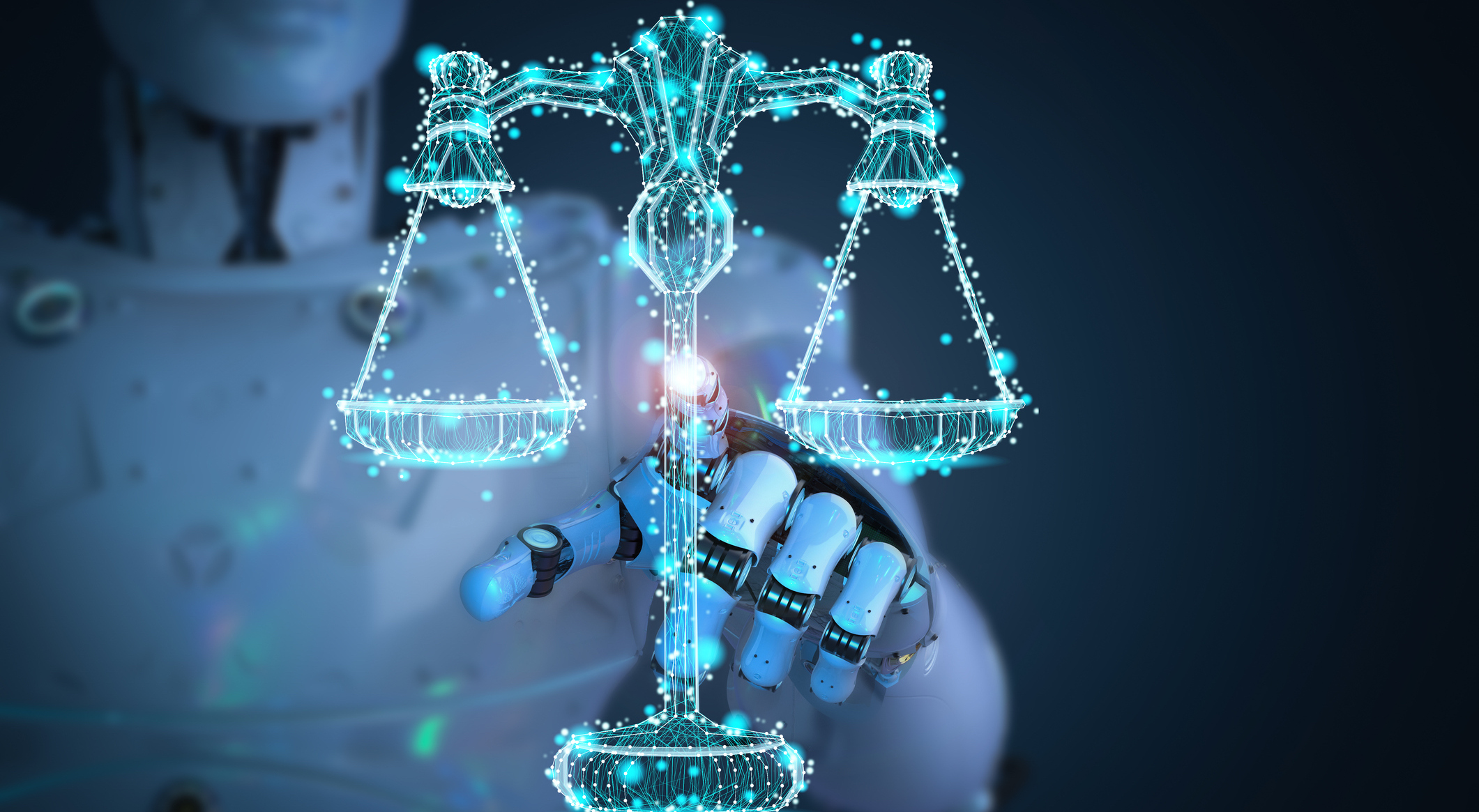As Artificial Intelligence (AI) continues to advance rapidly, it is crucial to establish comprehensive legislative frameworks to address the ethical, social, and economic implications of this transformative technology. Governments around the world are grappling with the challenge of striking the right balance between fostering innovation and ensuring accountability. In this article, we will explore some possible legislations on AI that could shape the future of this field and safeguard the interests of society.
Ethical Standards and Transparency: Setting ethical standards for AI research and use is a crucial topic for regulation. This also includes rules for guaranteeing accountability, justice, and openness in algorithmic decision-making systems. Regulations may require that AI systems be built with an eye towards preventing discrimination, upholding privacy rights, and offering justifications for their choices. People can be empowered and their trust can be increased by corporations using clear consent methods for data gathering and transparent disclosure of their AI usage.
 Security and privacy: In the age of AI, legislation should place a strong emphasis on preserving personal data. Regulations that are more stringent can make data protection measures stronger and guarantee that user information is handled safely and responsibly. Clear guidelines on data sharing, storage, and encryption can prevent misuse and unauthorized access to sensitive information. Compliance requirements for AI systems can be implemented to ensure companies adhere to privacy laws and maintain robust cyber security measures.
Security and privacy: In the age of AI, legislation should place a strong emphasis on preserving personal data. Regulations that are more stringent can make data protection measures stronger and guarantee that user information is handled safely and responsibly. Clear guidelines on data sharing, storage, and encryption can prevent misuse and unauthorized access to sensitive information. Compliance requirements for AI systems can be implemented to ensure companies adhere to privacy laws and maintain robust cyber security measures.
Liability and Accountability: It is vital to define liability and accountability in AI-related situations. When AI systems injure people or make poor decisions, laws can set up frameworks to decide who is to blame. It is important to give considerable thought to how developers, users, and system operators should be held accountable. It’s crucial to strike a balance between supporting innovation and keeping decision-makers responsible for the results of AI technologies.
Adaptability and Impact: The revolutionary potential of AI raises questions regarding workforce adaptability and job displacement. Legislations can be crucial in addressing these issues. To prepare people for a labor market driven by AI, governments can support up skilling and reskilling initiatives. To lessen any negative effects on employment, income support programmers and social safety nets can be developed.
International co-operation and standards are essential because AI is a global phenomenon. Collaboration efforts to create unified standards and rules can promote ethical AI research and prevent a disjointed regulatory environment. Cross-border information sharing, ethical standards, and norms can be encouraged via multilateral agreements, which can also develop trust and guarantee that AI technologies be used for the benefit of all people.
As AI technologies continue to shape our world, legislation becomes an essential tool for guiding their development and deployment. Striking the right balance between innovation and regulation is paramount. Governments, industry leaders, and civil society must engage in dialogue and collaboration to create robust and adaptable legislative frameworks. By implementing thoughtful and forward-thinking legislations on AI, we can harness the potential of this technology while safeguarding our values, privacy, and overall well-being in an AI-driven future.

Research Associate, Pakistan House



